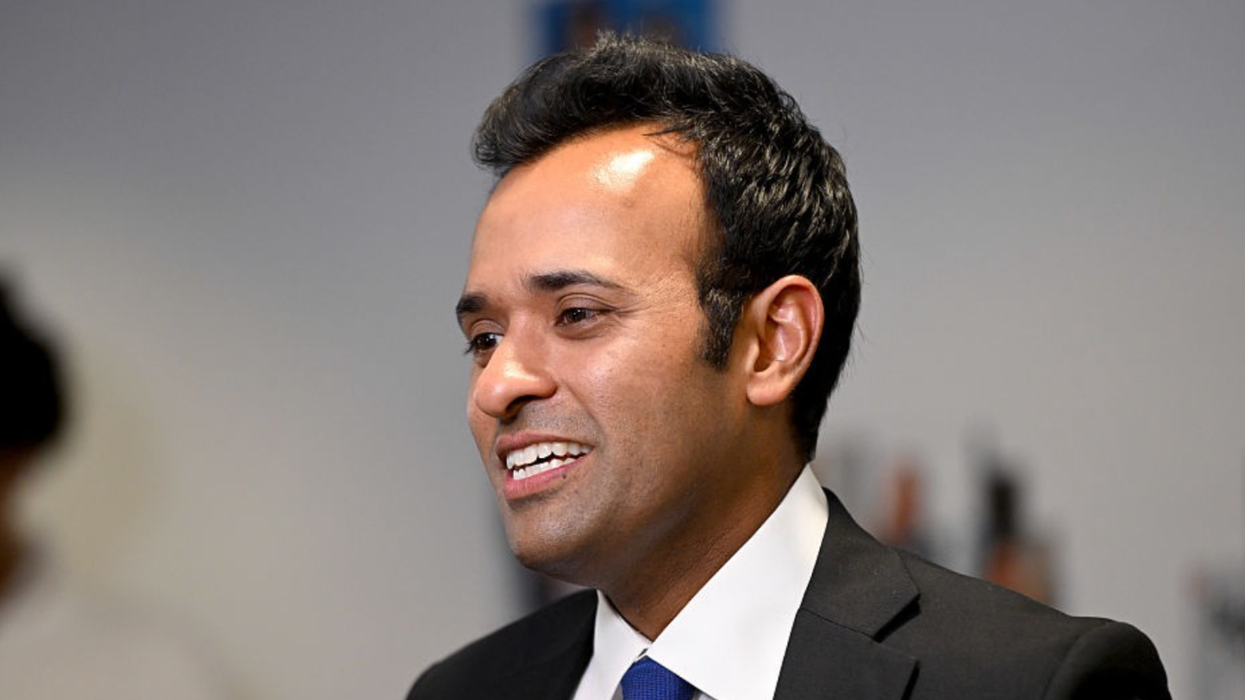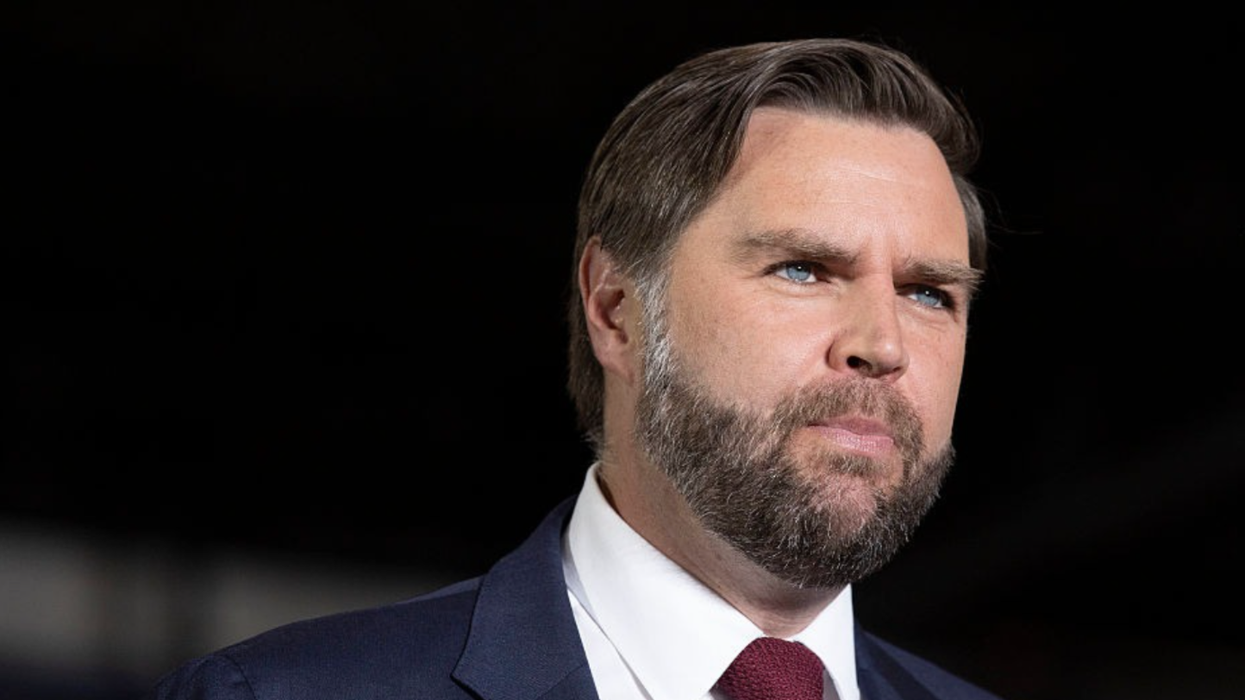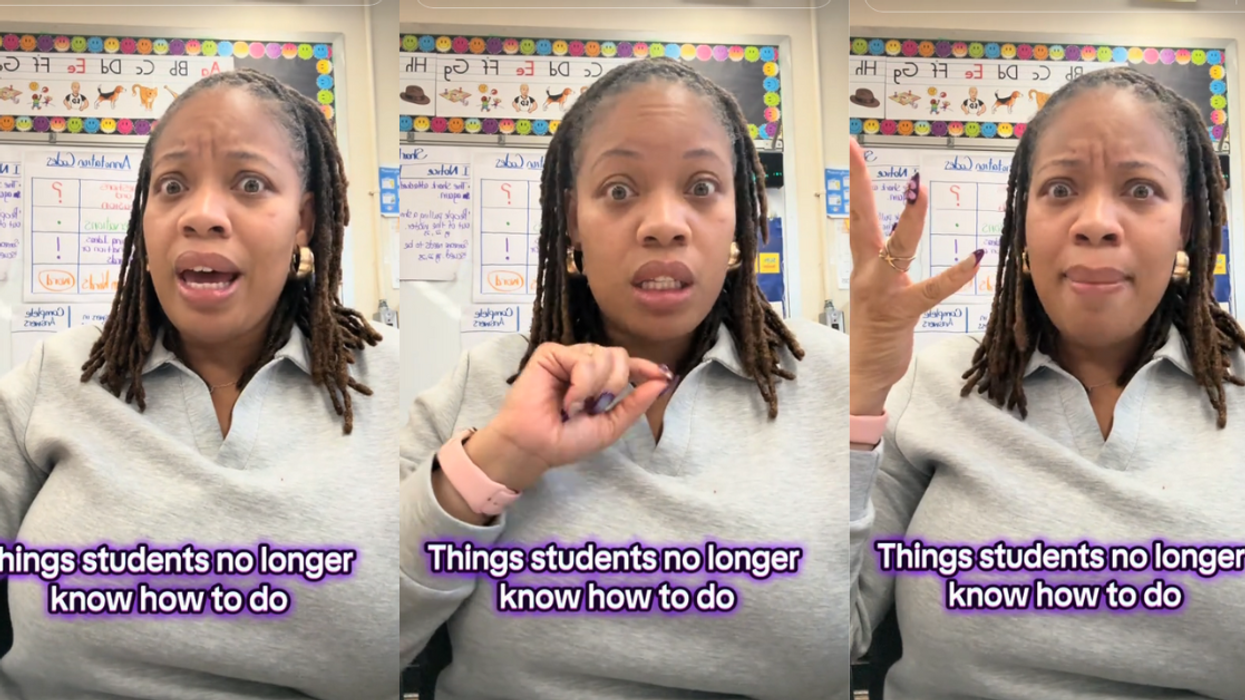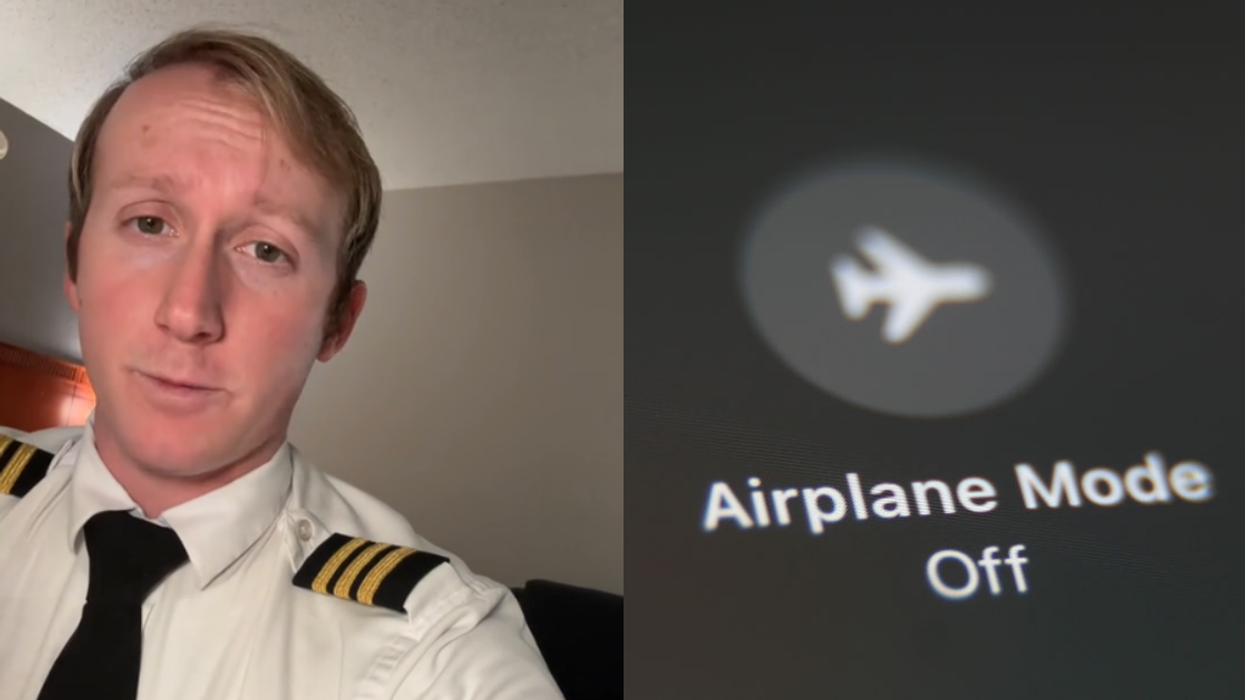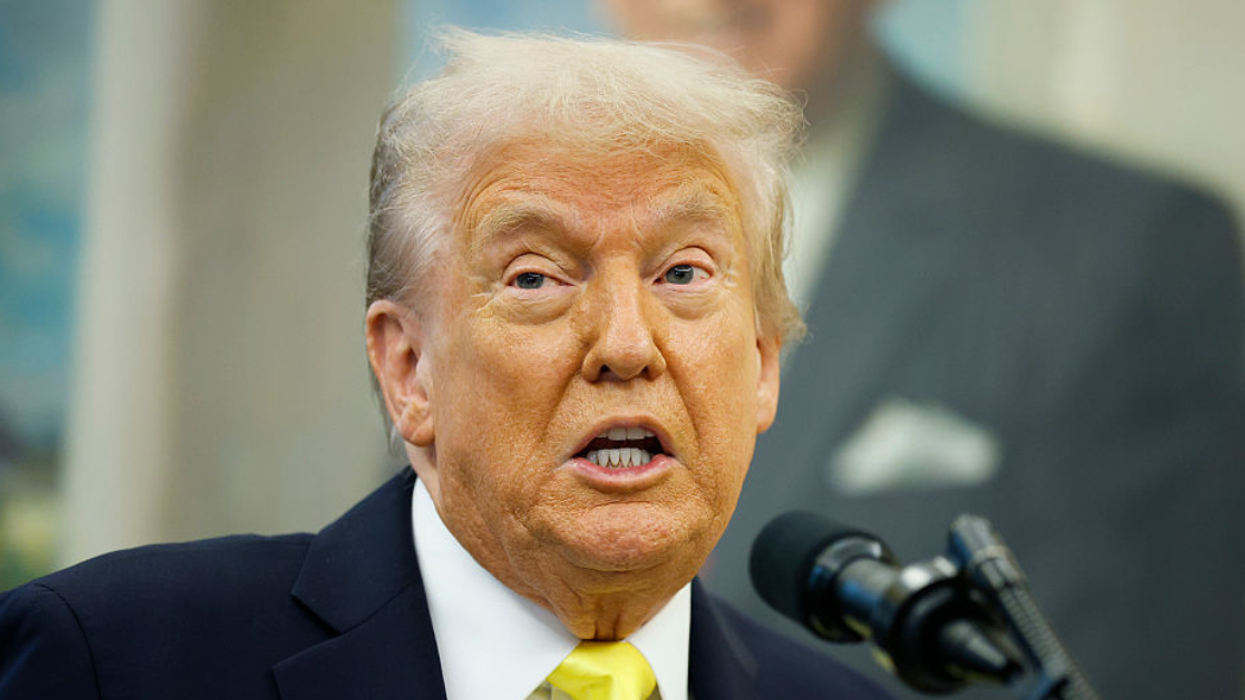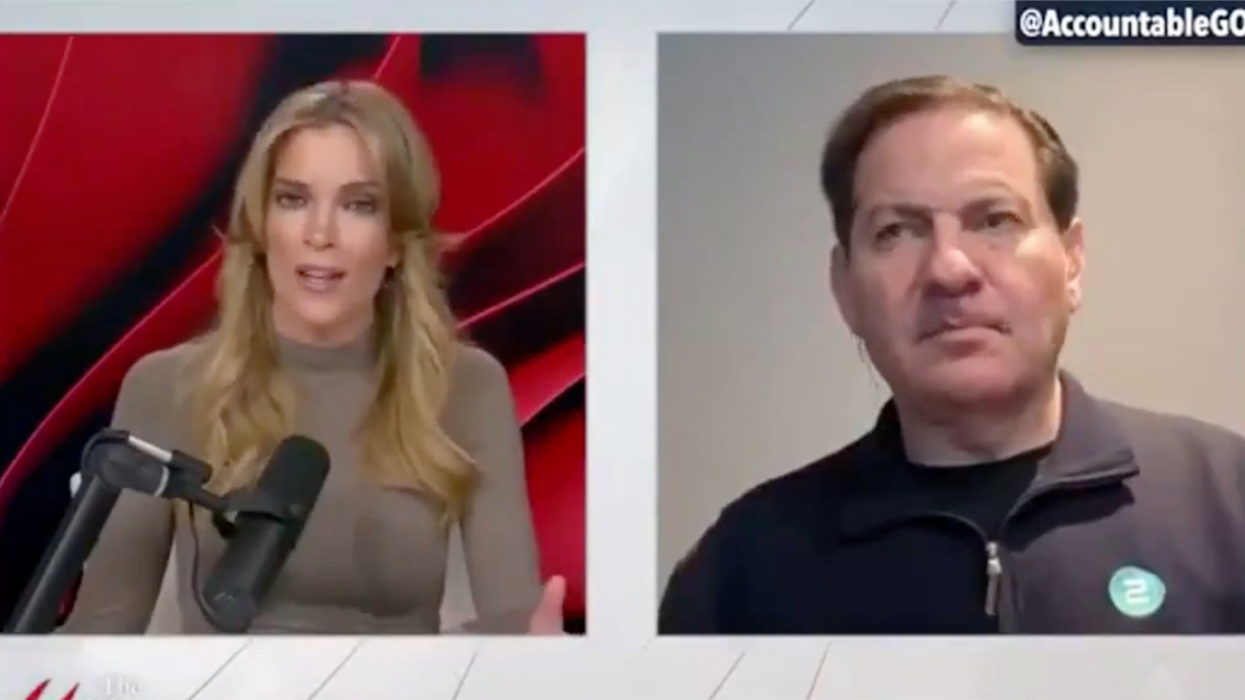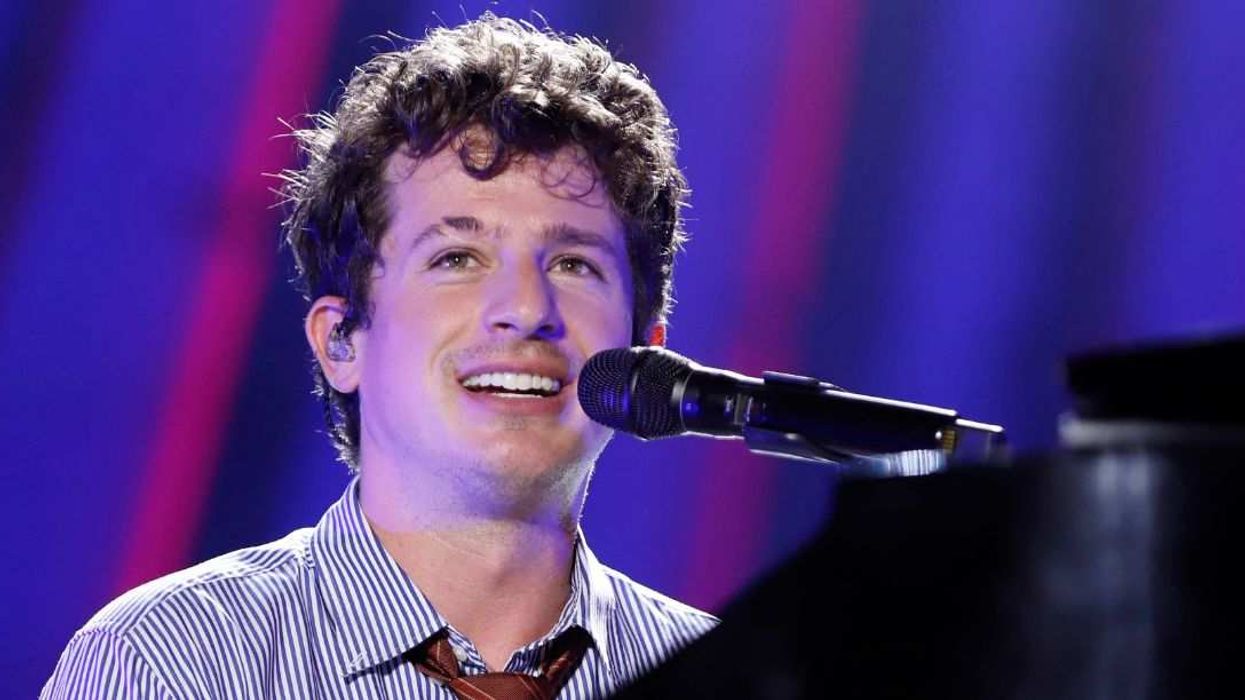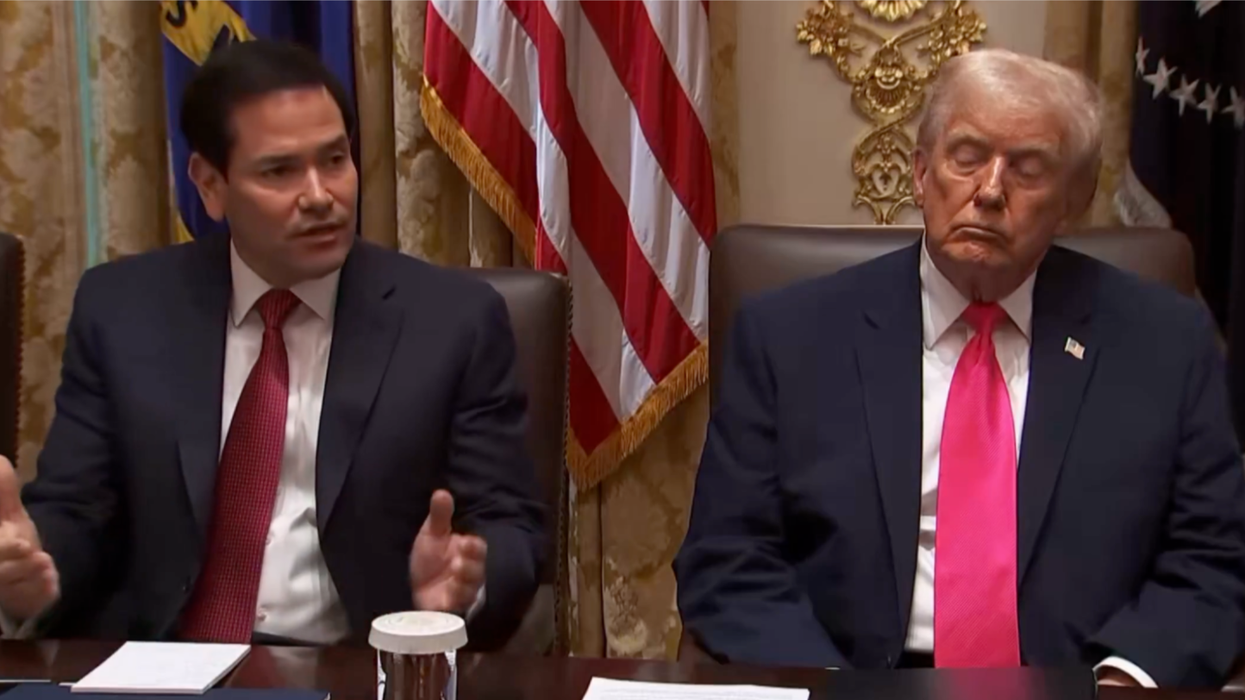Kentucky Governor Matt Bevin (R) came under fire after he suggested Americans are "getting soft" for canceling school because of a polar vortex that could send temperatures in the state plunging to 15 degrees below zero.
"We're getting soft," he told host Terry Meiners yesterday during an interview with 840 WHAS radio in Louisville. "Now we cancel school for cold."
“It’s deep freeze!” Meiners replied. “This is serious business.”
“Come on, now,” Bevin said. “I mean, there’s no ice going with it, or any snow.” He added:
"I do appreciate it’s better to err on the side of being safe... But it does concern me a little bit that in America — on this and any number of other fronts — we’re sending messages to our young people that if life is hard, you can curl up in the fetal position somewhere in a warm place and just wait until it stops being hard. And that isn't reality."
Bevin was swiftly rebuked by Kentucky schoolteacher Jessica Dueñas, who was recently named the state's 2019 "Teacher of the Year." She issued a "personal challenge" for Bevin in a video she posted to her Twitter account.
"Please go outside tomorrow," she said, “and stand outside for 30 minutes as if you were waiting for the bus, dressed as one of our students would be, because I guarantee you most of our students are not wearing some fancy Patagonia or North Face jackets.”
“How about you give one of our students your jackets, and you stand outside in that cold, since you’re being so ‘hard?’” she suggested.
She wasn't the only one who criticized Bevin, who should know a thing or two about freezing weather given that he was born in Colorado, grew up in New Hampshire, and attended a posh preparatory school in Bethel, Maine.
Teacher Tiffany Dunn called the governor's comments "elitist" and "appalling."
The Kentucky Education Association also weighed in...
...as did reporter Matt Jones.
Adam Edelen, the former state auditor and Democratic candidate for governor, called Bevin's remarks "dumb and mean."
Meteorologists have said the polar vortex that is currently affecting parts of the Midwest is the "coldest Arctic outbreak in at least two decades."
"Wind chills Wednesday morning plunged into the 50s below zero as far south as central Illinois, northwest Indiana, including much of Chicagoland and the Milwaukee metro area," Weather.com reported. "Wind chills in the 60s below zero have been recorded in parts of Minnesota, North Dakota, even as far south as northeast Iowa, where Charles City registered that bone-chilling value just before midnight Tuesday night. A minus 66 degree wind chill north of Ponsford, Minnesota, Tuesday evening."
Bevin made his remarks shortly after President Donald Trump was criticized for tweeting that the polar vortex is reason enough to disregard climate scientists on the matter of global warming.
"People can’t last outside even for minutes. What the hell is going on with Global Waming? Please come back fast, we need you!" the president wrote.
Soon after, the Climate Division of the National Oceanic and Atmospheric Administration (NOAA) appeared to take the president to task for his remarks.
The NOAA linked to an article titled "Are record snowstorms proof that global warming isn't happening?" which answers the question it poses in the following way:
No. Snowstorms require two things: moisture and freezing air temperatures. There are plenty of places where winter temperatures would have to rise by 10, 20, even 30 degrees Fahrenheit before it would stop snowing. Until then, snowstorms remain quite possible, and natural climate patterns and random variability will still lead to winters that are unusually cold and snowy in different locations...Not only are severe snowstorms possible in a warming climate, they may even be more likely. According to the Third National Climate Assessment, there is some evidence that cold season storms in the Northern Hemisphere have become both more frequent and more intense since 1950. Extremely heavy snowstorms also increased in number during the last century in northern and eastern parts of the United States, although they have been less frequent since 2000.
The president scoffed at a comprehensive climate change report compiled by multiple federal agencies last year.
“One of the problems that a lot of people like myself, we have very high levels of intelligence, but we’re not necessarily such believers. You look at our air and our water, and it’s right now at a record clean," he said at the time. "But when you look at China and you look at parts of Asia and when you look at South America, and when you look at many other places in this world, including Russia, including — just many other places — the air is incredibly dirty.”


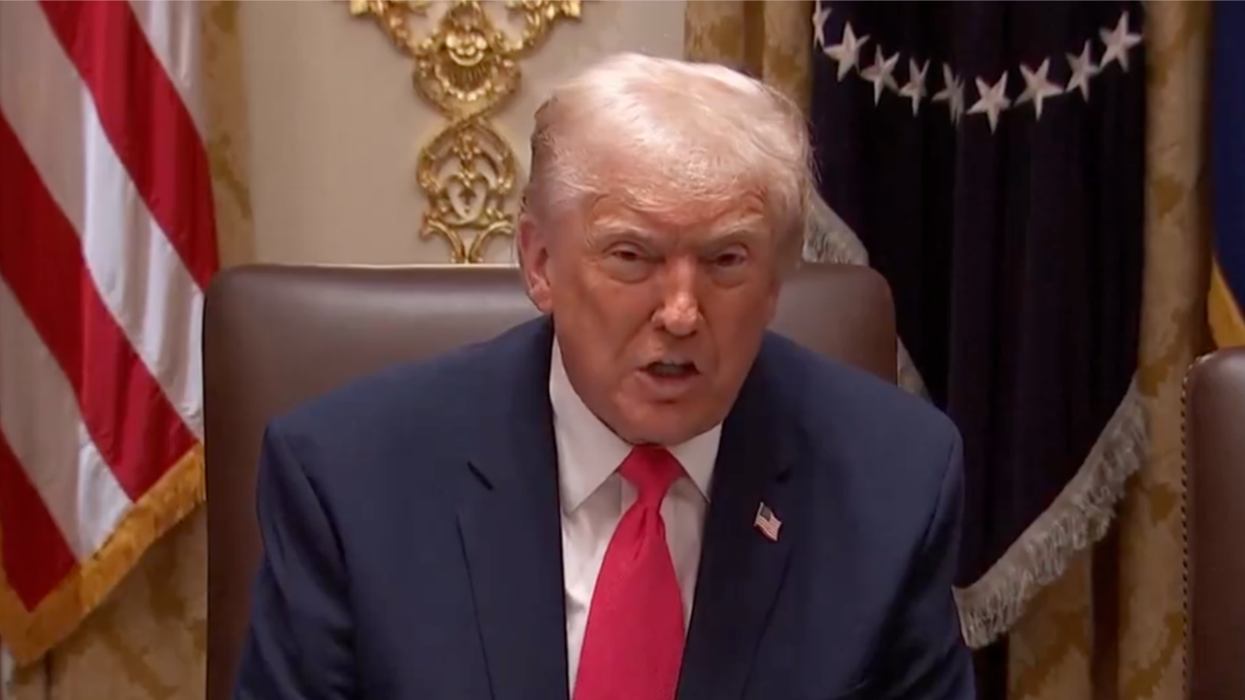

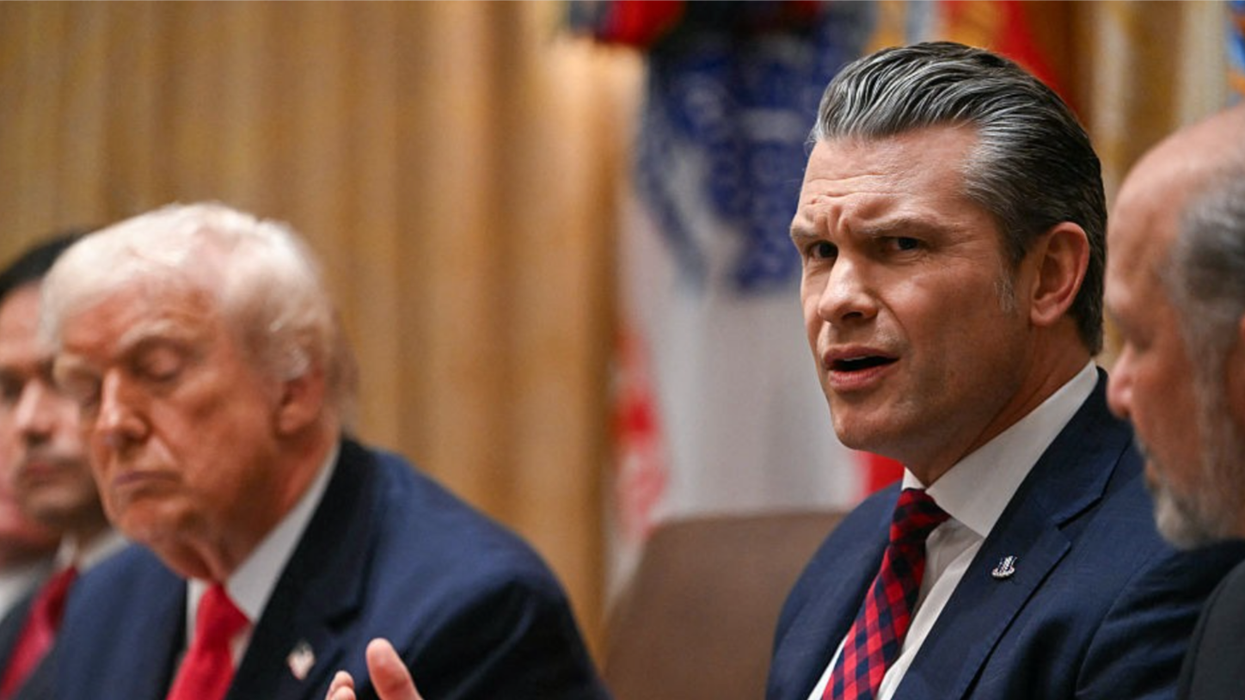
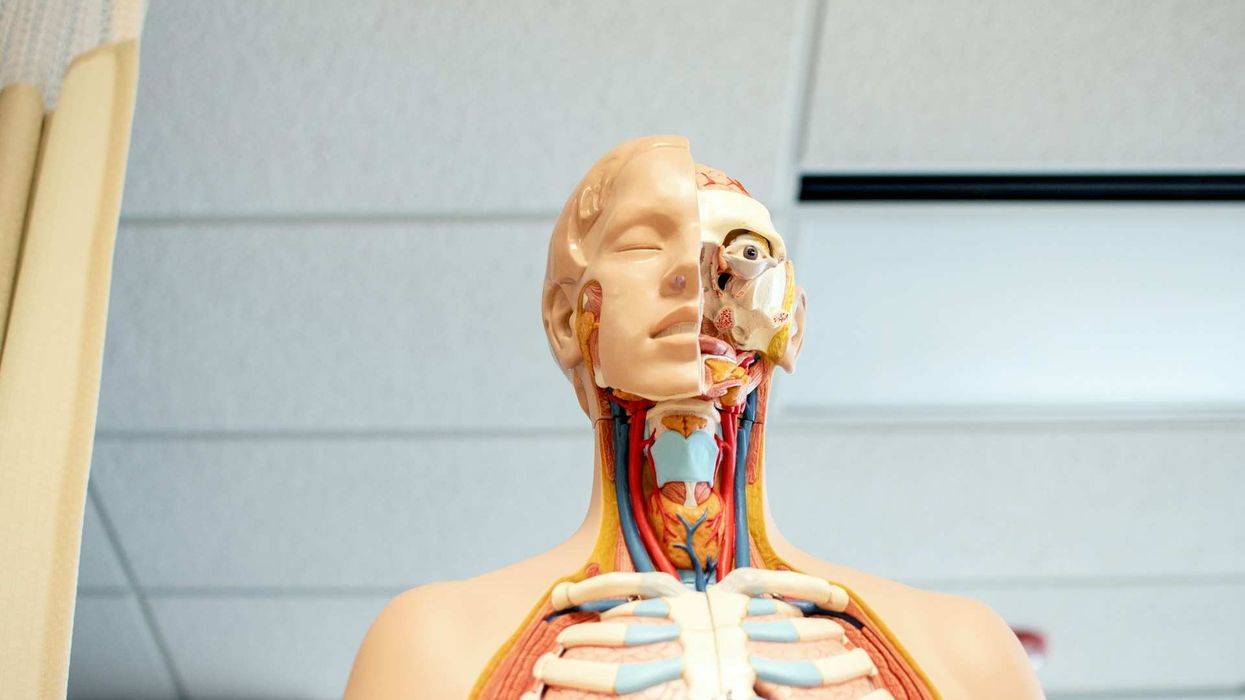
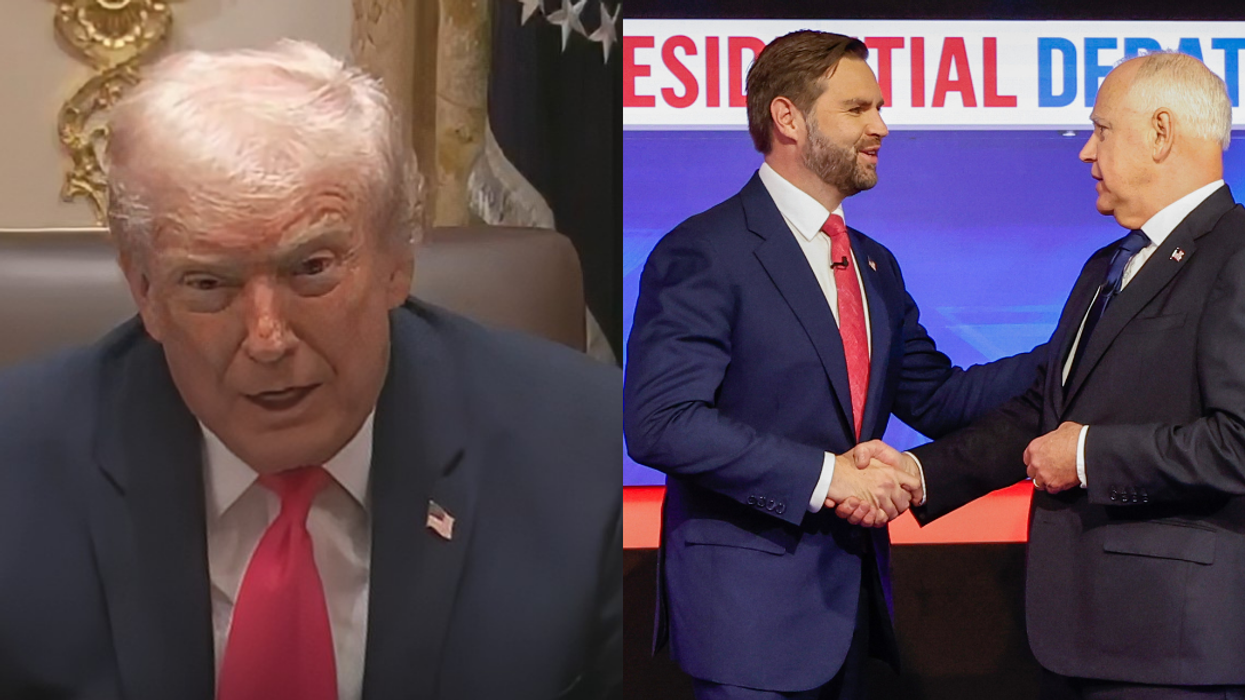
 Occupy Democrat's/Facebook
Occupy Democrat's/Facebook Occupy Democrat's/Facebook
Occupy Democrat's/Facebook Occupy Democrat's/Facebook
Occupy Democrat's/Facebook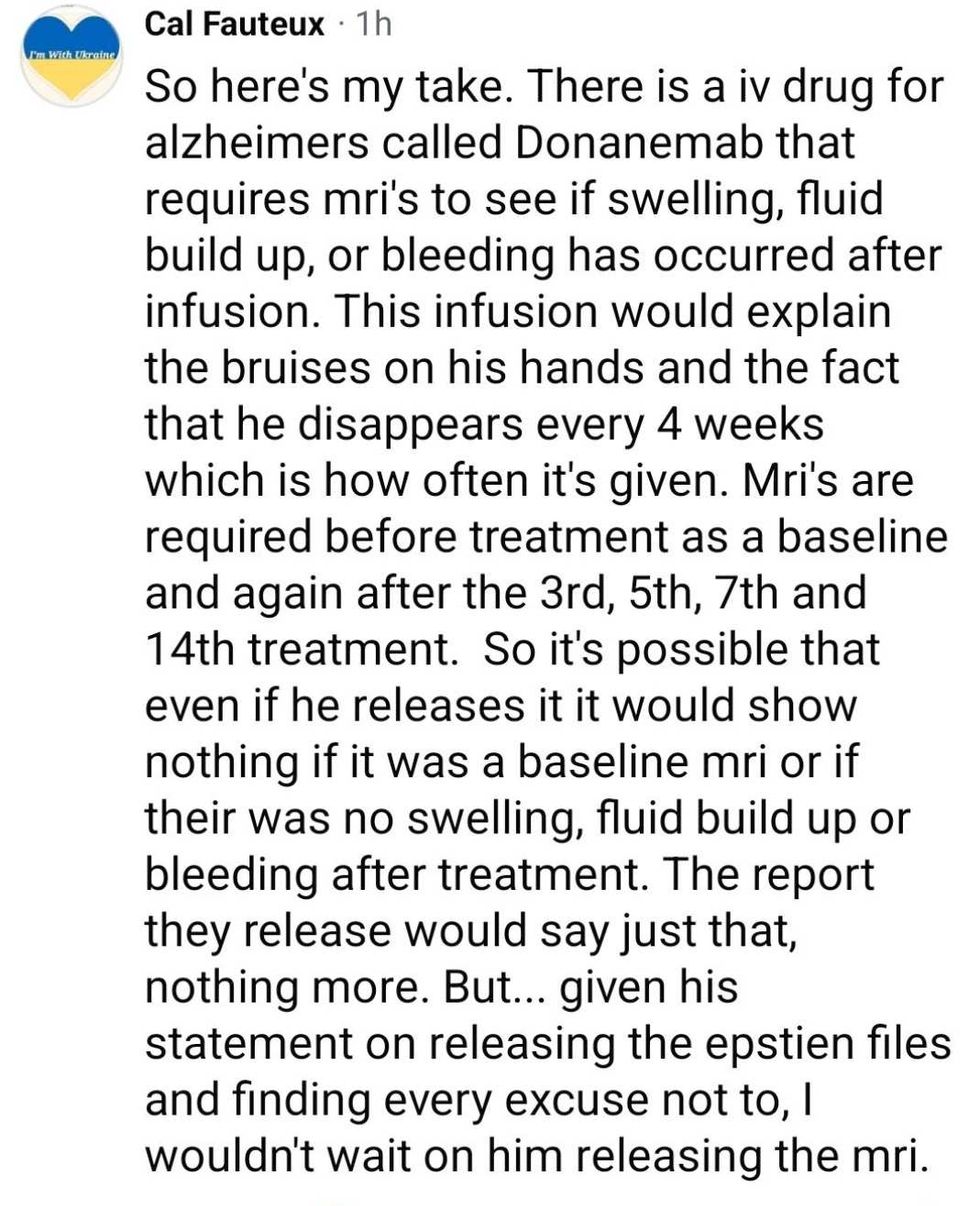 Occupy Democrat's/Facebook
Occupy Democrat's/Facebook Occupy Democrat's/Facebook
Occupy Democrat's/Facebook Occupy Democrat's/Facebook
Occupy Democrat's/Facebook





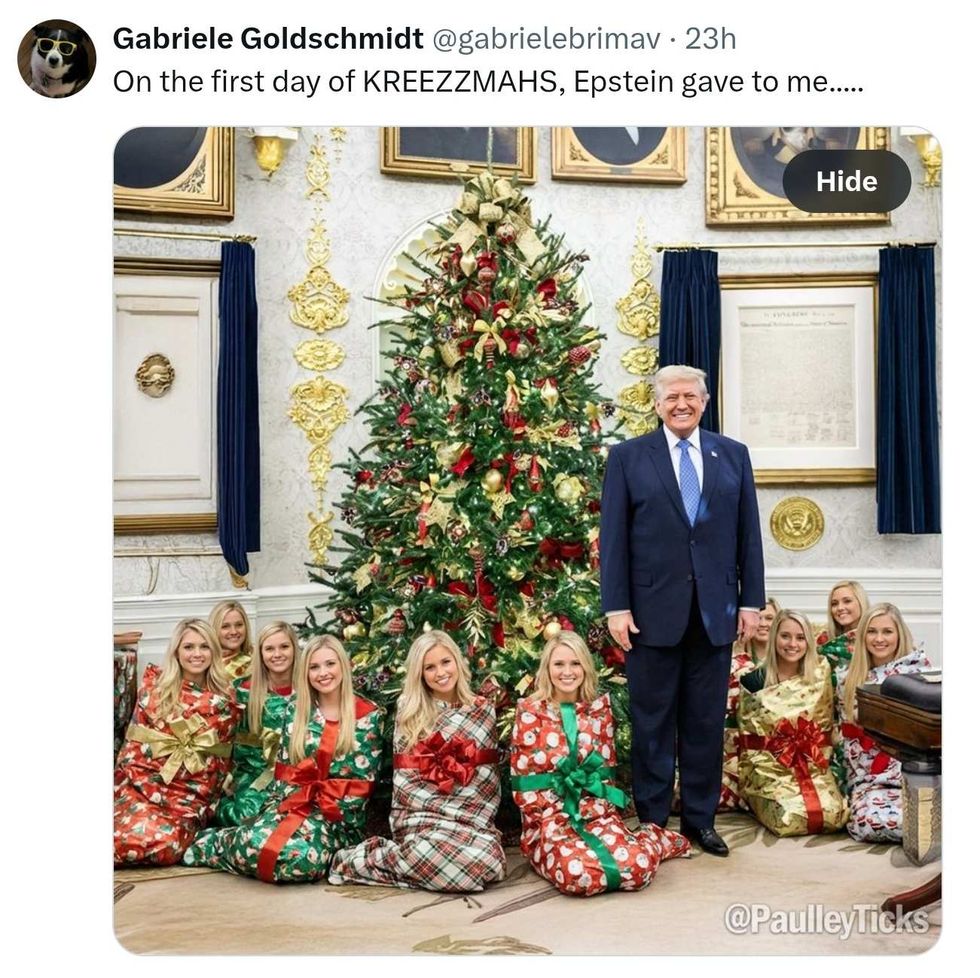 @gabrielebrimav/X
@gabrielebrimav/X